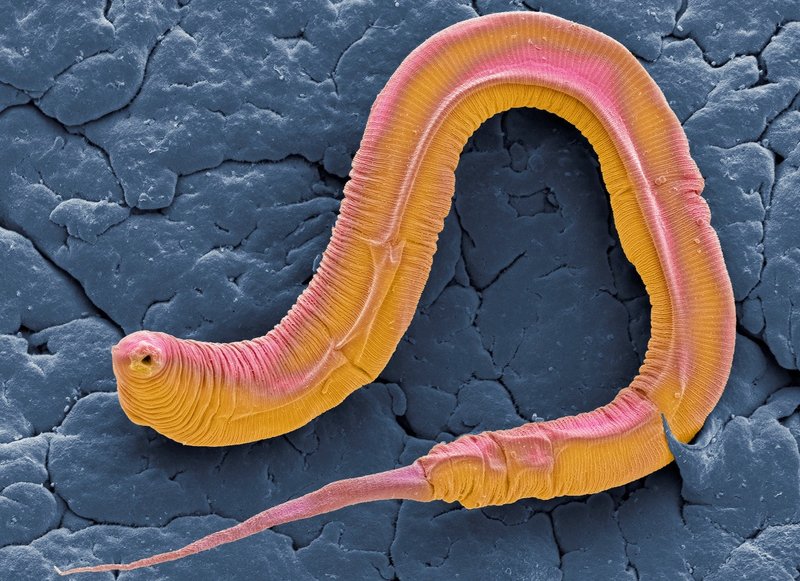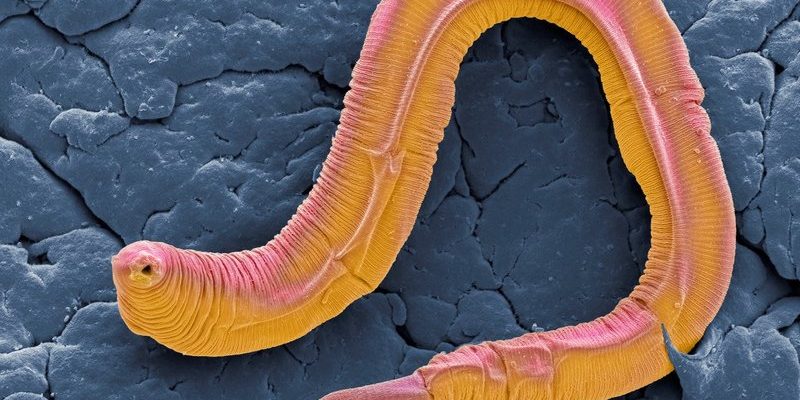
Thinking about worms in captivity, especially in something like a worm bin, opens up discussions about their potential. Just like you wouldn’t throw a fish in a bowl and expect it to thrive without proper care, capturing worms for study or farming has its nuances. Those little wriggly beings, often Red Wigglers (Eisenia fetida), can do more than just clean up your kitchen scraps. They’re capable of playing big roles in ecological research, soil health studies, and even sustainable farming practices. Let’s unravel their importance and see how we can get involved.
Understanding Worms in Captivity
To really appreciate the potential of worms in captivity, we first need to understand what they are capable of. Worms are more than just recyclers of organic waste – they help aerate the soil, break down nutrients, and even promote biodiversity in your garden. When housed in a worm bin, their environment mimics the natural settings they thrive in, allowing them to flourish.
Imagine you’re creating a mini-ecosystem in your backyard. A worm bin can contain layers of compost, soil, and shredded paper that not only provide food but also a cozy home for your worms. This habitat ensures that they can perform their vital roles efficiently, producing nutrient-rich castings that gardeners cherish.
You might be thinking, “What’s the big deal about studying them?” Well, understanding how worms function can give us insights into waste management and sustainable practices. Researching how they react to different organic materials can lead to better composting methods that benefit everyone, from hobby gardeners to large-scale farmers.
The Benefits of Studying Worms
Studying worms in captivity offers insights that go far beyond their ecological contributions. These studies can lead to advancements in environmental science, agriculture, and even education. For instance, investigating their behavior and diet can teach us about soil health. Worms can thrive on a diverse diet, which means understanding what they eat can help improve composting techniques.
Moreover, researchers have found that different species of worms affect soil differently. Some enhance nutrient retention, while others improve soil structure or increase water infiltration. It’s like having a team of tiny workers, each with its own specialty! If you’re interested in farming worms for your compost or garden, knowing which types are best for your needs is crucial.
Furthermore, as we face issues like land degradation and waste management, studying these worms can lead to innovative solutions. They’re kind of like nature’s little superheroes! By understanding their role in ecosystems, we can develop better organic farming practices that help both the environment and our food systems.
Worm Farming: A Growing Trend
So, let’s talk about worm farming. It’s not just a quirky hobby anymore; it’s becoming a serious method for waste management and sustainable agriculture. People are increasingly interested in setting up worm bins not only to compost kitchen scraps but also to cultivate worms for their gardens or sell them. There’s a growing awareness of the benefits of vermicomposting, which is the process of using worms to decompose organic food waste.
If you’re considering starting your own worm farm, it’s crucial to know the basics. You’ll need a suitable container, bedding material like shredded paper or cardboard, and, of course, your worms. Red Wigglers are the most common choice due to their efficiency and adaptability. They reproduce quickly, so you can grow your population in no time.
Farming these worms can also provide you with high-quality castings, often referred to as “black gold” in the gardening world. These castings are packed with nutrients and beneficial microbes, making them a perfect natural fertilizer for plants. Plus, the process helps reduce waste, so you’re doing good for the planet too!
Creating the Perfect Worm Habitat
If you decide to delve into worm farming, creating an optimal habitat for your worms is essential. Think of it like designing a tiny apartment for your little friends. They’ll need the right temperature, moisture, and bedding to thrive. Generally, worms like it damp but not soaked, so finding that balance is key.
Start with a container that allows drainage – a plastic bin with holes can work well. Fill the bottom with a layer of bedding material, such as shredded newspaper or coconut coir. This not only provides a home but also helps maintain moisture levels. Layer this with kitchen scraps, but avoid citrus, meat, and dairy, as they can attract pests and create odors.
Also, temperature matters! Worms prefer temperatures between 55°F and 77°F. Too hot or too cold, and you might find your worms sluggish or inactive. It’s like looking for that perfect sweater on a cool fall day—just the right fit keeps things cozy!
Common Challenges in Worm Farming
Like any gardening effort, worm farming comes with its challenges. You might be wondering, “What could possibly go wrong?” Well, for starters, maintaining the right moisture level can be tricky. If the bin gets too wet, it can create a smelly mess or even drown your worms. On the flip side, if it’s too dry, your worms might go dormant or die.
Another common issue is pests. Fruit flies, for instance, can often appear if you’re not careful with your kitchen scraps. To keep them at bay, make sure to bury the scraps in the bedding. This small step can make a big difference!
Lastly, overfeeding your worms can lead to problems. You want to provide enough food for them to thrive, but too much can overwhelm them and cause your bin to smell. Regularly checking in on your worm population and their food supply can help you find that sweet spot.
In exploring the world of worms in captivity, it’s clear that these little creatures hold significant potential for study and farming. They’re not just mindless recyclers; they’re complex beings that contribute to the health of our environment. Whether you’re interested in creating a worm bin for composting or delving into research about their ecological roles, there’s so much to learn from these wriggly friends.
As we face growing concerns about sustainability and waste, farming and studying worms could play a pivotal role in creating a healthier planet. So, the next time you think about your kitchen scraps, remember: something good can come from those bits and pieces. Embracing worm farming not only helps in waste reduction but allows you to engage with nature in a fulfilling way. Plus, you might just discover that worms are more fascinating than you ever imagined!

